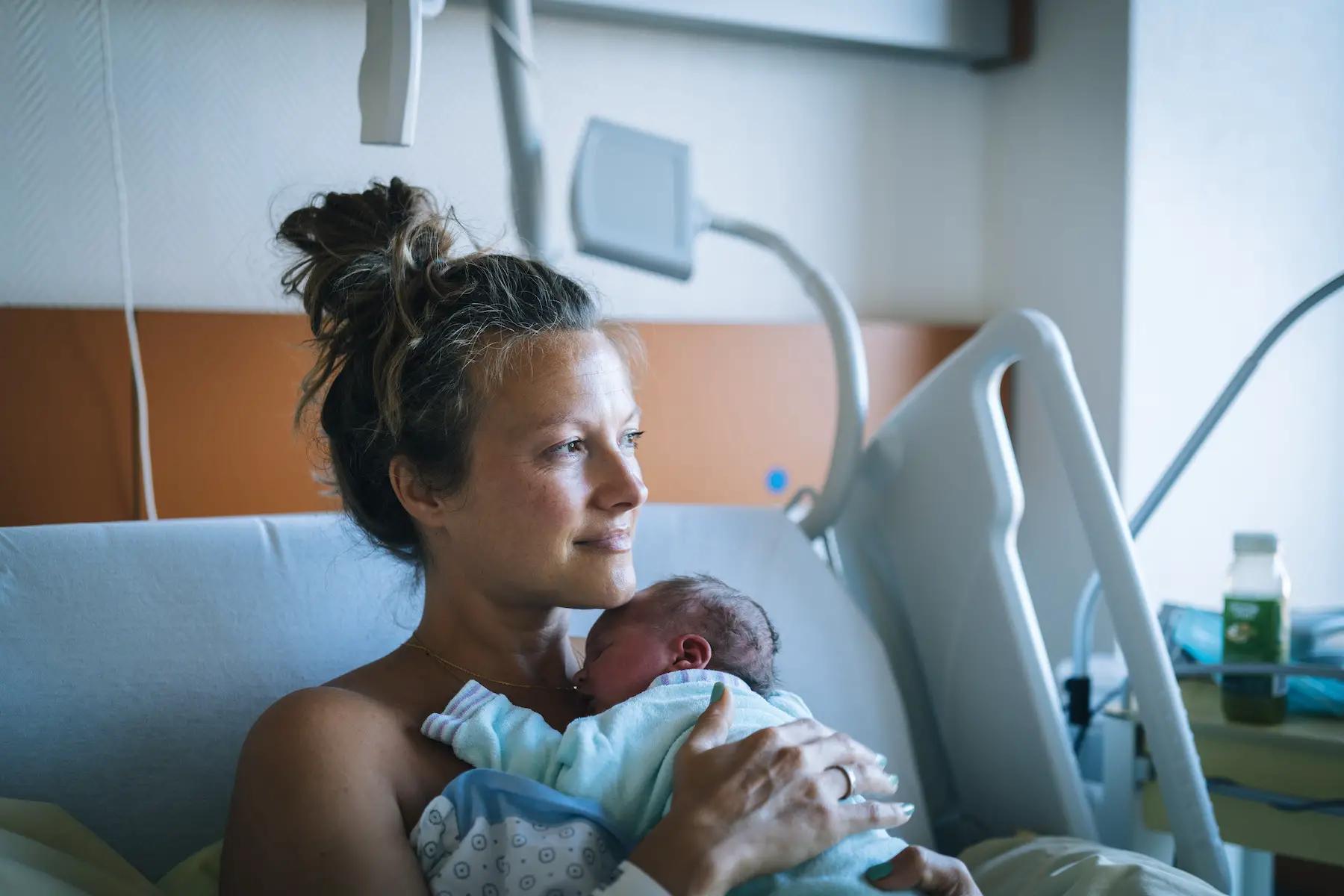Fortunately for female expats moving to Switzerland, the country offers a robust system when it comes to women’s healthcare. Because of this, they have many options if they need to seek consultations and treatments. Due to the unique nature of the local healthcare system, women’s healthcare in Switzerland is a combination of public and private initiatives. While it includes a certain level of free basic healthcare, most women also require private insurance.
To help you navigate the system, this guide explains various aspects of women’s health in Switzerland, including the following:
- Women’s health in Switzerland
- Accessing women’s healthcare services in Switzerland
- Insurance for women’s healthcare in Switzerland
- Gynecologists in Switzerland
- Women’s contraception in Switzerland
- Maternity care services in Switzerland
- Breastfeeding in Switzerland
- Fertility treatments in Switzerland
- Abortion in Switzerland
- Menopause in Switzerland
- Cancer screenings in Switzerland
- Sexual health in Switzerland
- Women’s mental health services in Switzerland
- Services dealing with eating disorders in Switzerland
- Services dealing with abuse and violence against women in Switzerland
- Useful resources
Allianz Care
Allianz Care is a world leader in providing international health insurance. Their various premiums provide professionally designed solutions for a variety of expat lifestyles. So, wherever your life takes you, make sure you have the right health protection for you and your family with Allianz Care.
Women’s health in Switzerland
As a country with a robust healthcare system, women’s healthcare in Switzerland is second to none. It covers everything from gynecology services and cancer screenings to pregnancies, abortions, and contraception. As such, 83.5% of women in the country report having very good health.

In addition, just over 73% of women report being physically active and paying attention to their diet. Furthermore, women in Switzerland have a slightly higher life expectancy than men – 85.6 years compared to 81.9 for men.
Accessing women’s healthcare services in Switzerland
Fortunately, all women can access a wide array of healthcare options across Switzerland. For example, they can seek treatment at the country’s 291 hospitals or receive care at home, which more than 200,000 women did in 2019. In addition, 6.2% of doctors in Switzerland specialize in gynecology and obstetrics, meaning that there are a good number of doctors focusing on women’s health throughout the country.
Insurance for women’s healthcare in Switzerland
Switzerland doesn’t have a traditional healthcare system that is funded by taxpayer dollars. Instead, residents contribute to Swiss health insurance schemes, which are run by the cantons, to fund their “public” healthcare system. However, this system doesn’t cover doctor’s visits and treatments extensively. As such, most Swiss residents have to take out private health insurance. In fact, most Swiss schools require this for admission, and many employers provide healthcare.
The same insurance principles apply to Switzerland women’s healthcare. Generally, all health insurance schemes cover gynecological visits and treatments because the law requires this. Furthermore, insurance policies make certain provisions for pregnancy healthcare, which the law also requires. That said, insurance doesn’t cover contraception.
Some of the largest health insurance companies in Switzerland include:
Gynecologists in Switzerland
You don’t need to have a referral from a general practitioner to see a gynecologist in Switzerland. Because of this, you can simply make an appointment to see your gynecologist directly, whenever you need to. To find a gynecologist, however, you will have to do some research. Generally, getting recommendations from other expat women is a good way to do this.
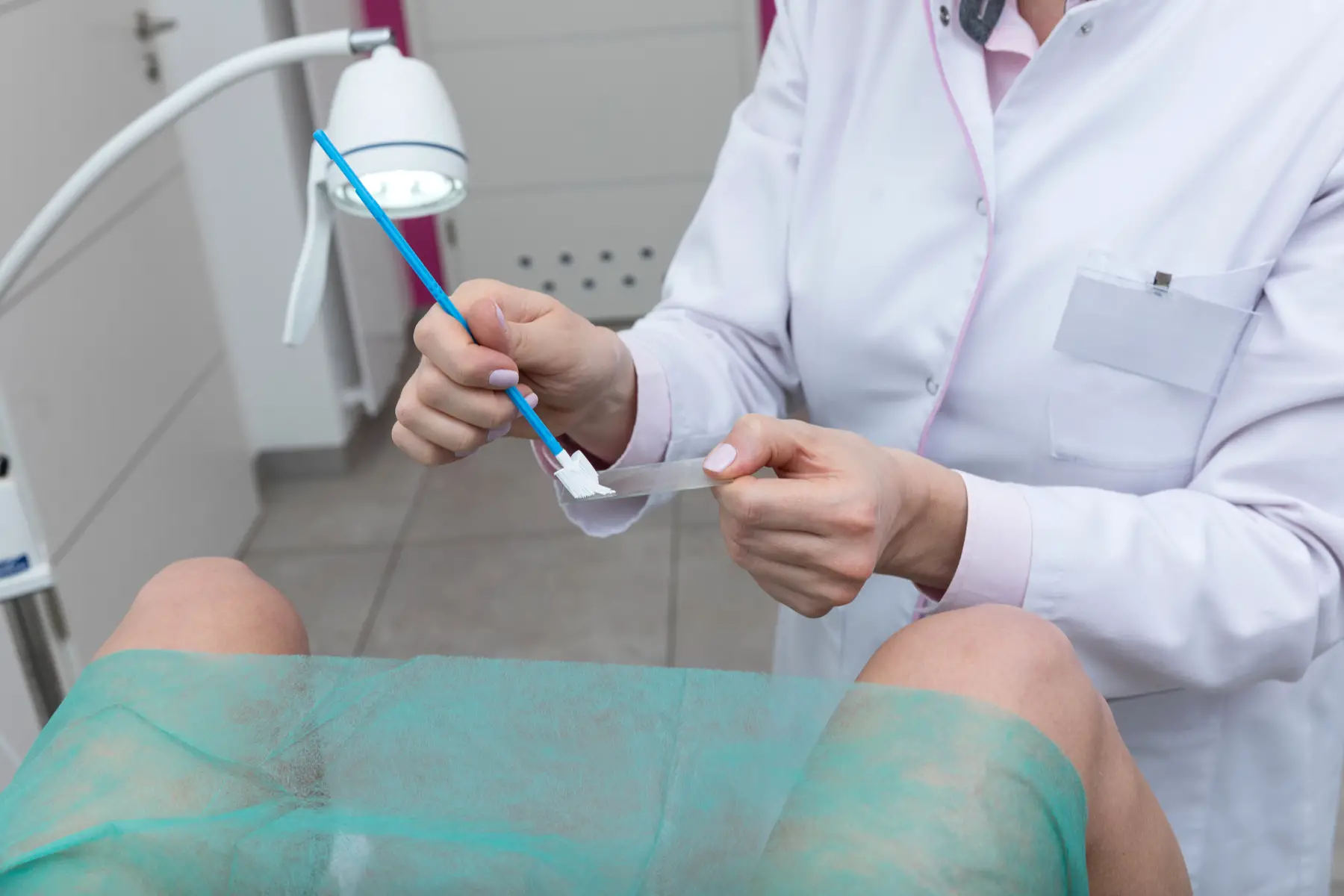
However, there are many gynecology clinics and women’s health centers in Switzerland. As such, you can always look at doktor.ch to find your local gynecologist. That said, you should also check whether your insurance company requires you to visit a network gynecologist.
Within Switzerland’s women’s healthcare system, gynecologists usually perform routine services that are related to the female reproductive system. Women can access one regular gynecological checkup every year between the ages of 16 and 69. This covers a basic exam that includes:
- blood-pressure check
- blood test
- urine test
- breast exam
- Pap smear
In addition, gynecologists can provide several other services including tests for sexually transmitted diseases, pelvic ultrasounds, and more. They can also test and confirm pregnancies. However, once a pregnancy is confirmed, an obstetrician will usually take over.
Women’s contraception in Switzerland
Women in Switzerland can access a wide array of contraception. However, they must usually pay for this out of pocket as insurance policies will not cover it. Below are some of their birth control options.
Birth control options
The use of contraception is very common in Switzerland. In fact, 80% of sexually active people between the ages of 15 and 49 use contraception; a figure that is above the global average. As such, a wide range of contraception is part of the women’s healthcare system in Switzerland.

As in many other countries, condoms and the contraceptive pill are the most popular forms of birth control in Switzerland. However, IUDs and contraceptive implants are also available. The morning-after pill is also available, however, it is a far less common method of birth control.
In Switzerland, you will need a prescription for most types of birth control, except for condoms. However, you can easily get this from your gynecologist or a family planning clinic. Unfortunately, most health insurance policies don’t cover contraception, so you will have to pay for it yourself.
The morning-after pill
Although it is not widely used, the morning-after pill is available as part of the women’s healthcare system in Switzerland. In fact, they are quite readily available over the counter at pharmacies, as well as hospitals, private doctors’ clinics, and family planning centers. That said, you will need to have a quick interview before you can get the morning-after pill.
Maternity care services in Switzerland
By law, women’s healthcare insurance in Switzerland must provide coverage for pregnancies. Because of this, most health insurance policies offer at least seven medical check-ups throughout pregnancy.
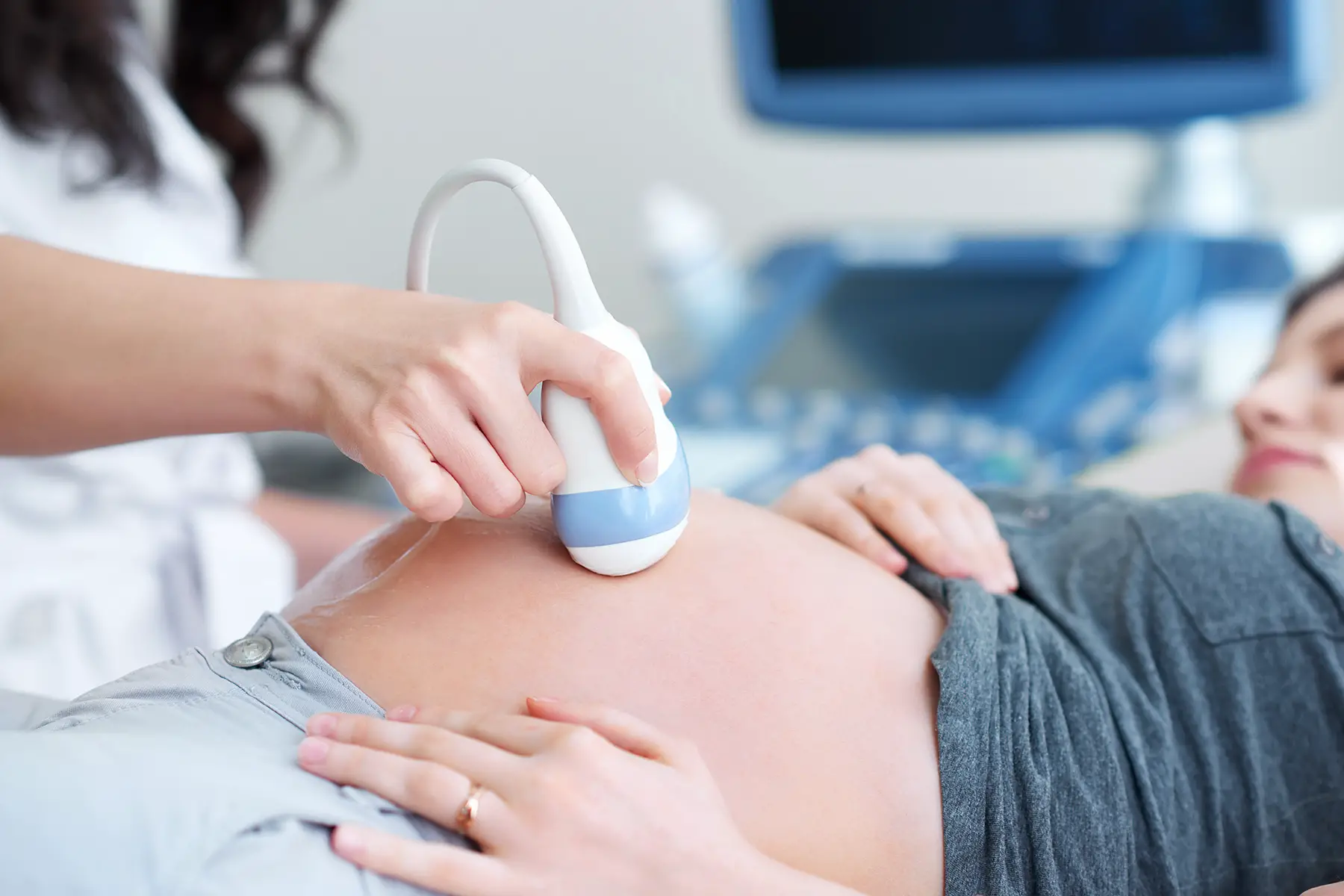
They usually also include a minimum of two ultrasounds. For high-risk pregnancies, however, plans will normally cover as many ultrasounds as necessary.
Pregnancy and maternity care are available throughout Switzerland. However, they are split between hospitals, private clinics, and more casual services such as midwives and doulas.
Breastfeeding in Switzerland
Breastfeeding is very common in Switzerland. In fact, 95% of mothers in the country breastfeed their newborns. This could be because Swiss health insurance policies cover the cost of up to three breastfeeding consultations. In addition, technically, Swiss employers have to make allowances for new mothers to breastfeed. However, despite how common it is, breastfeeding is still a bit of a taboo in Switzerland. In fact, many workplaces still frown upon breastfeeding in the workplace or during work hours. It is also unacceptable in many public places. Read more about views on breastfeeding around the world.
Fertility treatments in Switzerland
The women’s healthcare system in Switzerland offers fertility treatments for couples struggling to conceive naturally. Local health insurance policies generally cover fertility consultations, assessments, and surgeries for women under the age of 40. In addition, they cover up to 12 months of ovarian stimulation and three intrauterine inseminations for women dealing with fertility issues.

However, health insurance policies usually don’t cover in-vitro fertilization. As such, you can expect to pay between CHF 5,000 and CHF 6,000 for the basic procedure, alongside other costs.
Abortion in Switzerland
In Switzerland, women’s healthcare includes abortion. The procedure is legal in the country and as such, women can access it fairly easily.
Abortion laws in Switzerland
Since 2002, women have been able to legally get an abortion in Switzerland. They can ask for one under most circumstances within the first 12 weeks of pregnancy. This is especially if the pregnancy may harm the mother’s physical or mental health, or if there are problems with the pregnancy.
Getting an abortion in Switzerland
Each canton in Switzerland has a form that a woman must fill out in order to access an abortion. After this, she will receive a list of family planning centers and organizations that provide the necessary counseling and, if appropriate, provide the procedure. Additionally, women under the age of 16 have to meet with a youth counselor and sign a special form in order to have an abortion. However, parental consent is not necessary for minors seeking the procedure. Health insurance policies in Switzerland cover the cost of an abortion.
Menopause in Switzerland
Generally, if a woman has a smooth transition into menopause, then she shouldn’t need to see a doctor. However, if she is experiencing symptoms that disrupt her daily life or cause emotional, physical, or mental discomfort, she can see a general practitioner. If the symptoms are particularly concerning or need treatment, she will usually see a gynecologist or other specialist. However, this is usually by referral from her general practitioner.
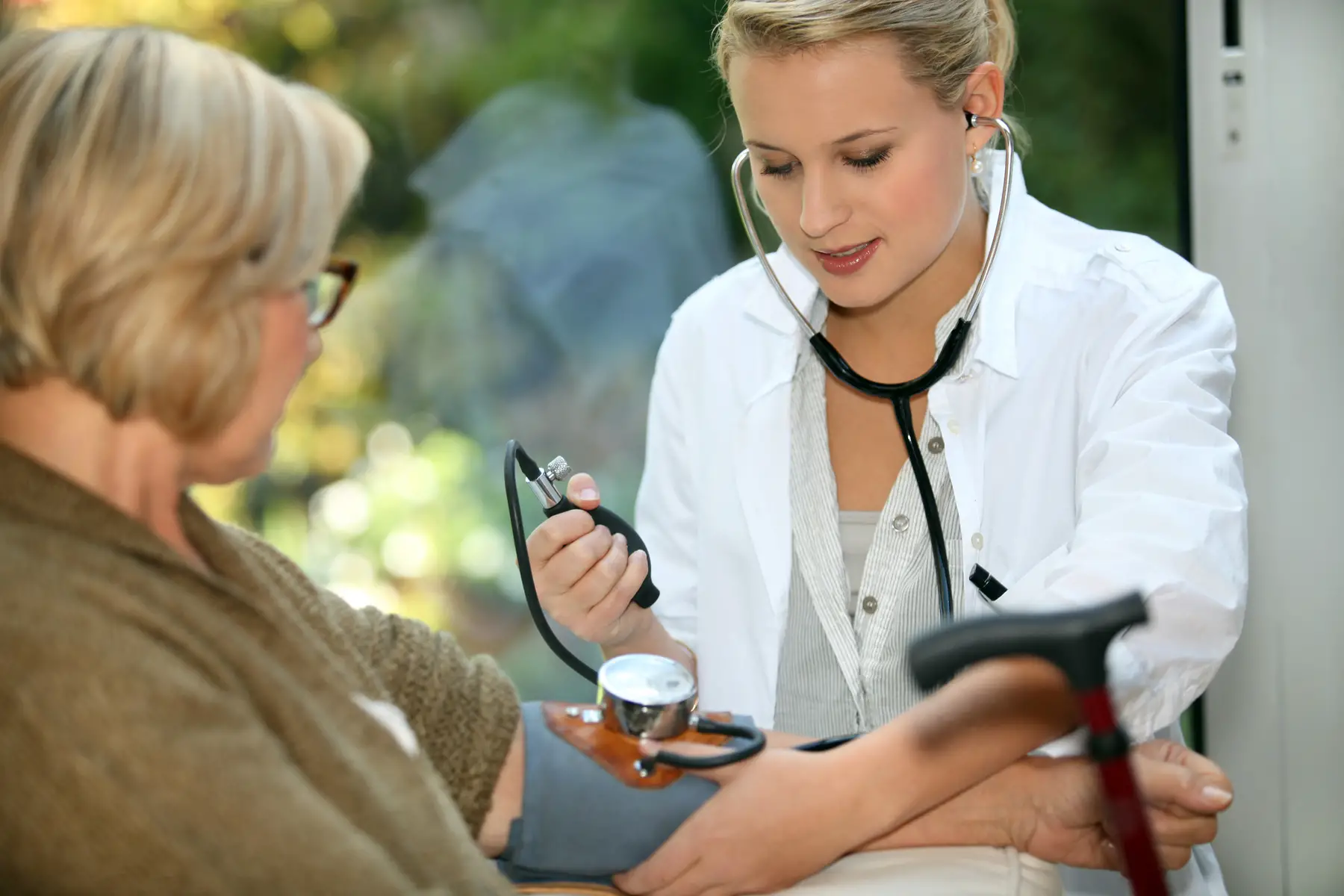
If the menopause symptoms require treatment, then most doctors will recommend hormone replacement therapy. This is the standard treatment in both Switzerland and other European countries. Notably, although many private insurance schemes cover hormone therapy, some do not. As such, you will have to check with your particular provider.
Cancer screenings in Switzerland
Gynecological cancers are not especially common in Switzerland. In fact, there were only 236 cases of cervical cancer and 701 cases of ovarian cancer in 2020. However, breast cancer is more prevalent, with 7,292 cases in 2020, representing 12.1% of Switzerland’s total number of new cancer diagnoses that year.
How to get screened for cervical cancer
In Switzerland, women’s healthcare covers the cost of a yearly gynecological exam. Additionally, all women between the ages of 16 and 69 can also have a pap smear (cervical cancer screening) every three years at no cost. They simply have to make an appointment with their gynecologist. However, if the test shows any abnormalities, basic insurance will not cover further tests or treatments. Instead, women will have to rely on their private health insurance for this.
How to get screened for breast cancer
Women in Switzerland can have a breast exam during their yearly checkups which are covered by their insurance. After the age of 50, this usually includes a mammogram, too.
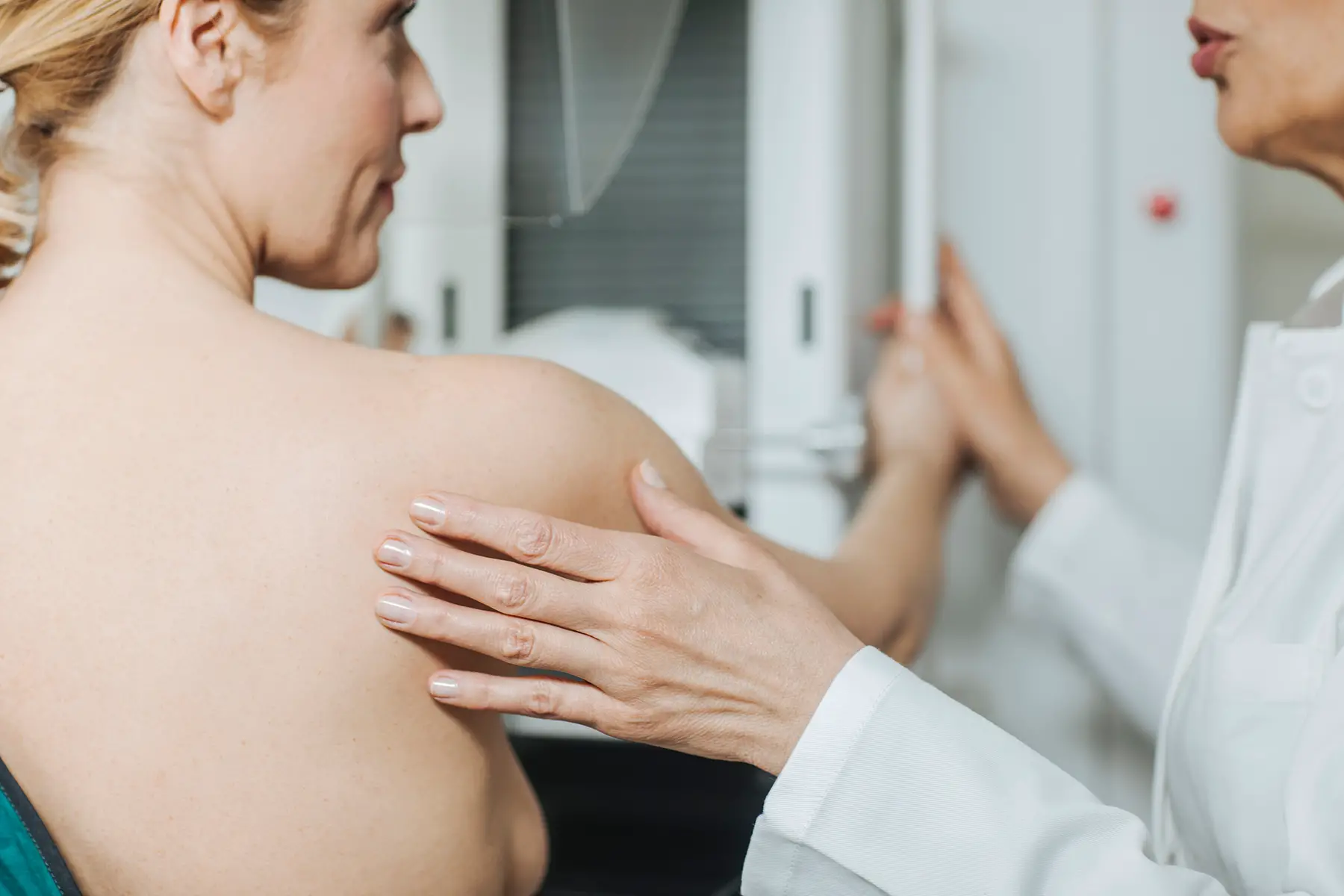
Because it is part of an annual checkup, most women can simply make an appointment to get a mammogram with their gynecologist.
How to get screened for ovarian cancer
To screen for ovarian cancer, gynecologists will usually have to conduct diagnostic tests including ultrasounds. However, this is not a basic screening. As such, you will have to make an appointment with your gynecologist and ask for these tests. You may also need to explain why. Conversely, your doctor may suggest that you undergo these tests if you display certain symptoms. In Switzerland, basic health insurance doesn’t usually cover screening for ovarian cancer, but your private insurance plan might, so it is best to check.
Sexual health in Switzerland
Because gender equality is highly valued in Switzerland, the country promotes sexual health for everyone, including women. As such, a full range of sexual health services is available throughout the country.
Availability and cost of feminine hygiene products
Feminine hygiene products such as tampons and sanitary pads are widely available throughout Switzerland and you can easily buy them at supermarkets and drugstores across the country. These products are currently subject to a 7.7% VAT rate, which is the full tax rate in Switzerland.
However, conversations are taking place to see if this could be dropped to the lower 2.5% VAT rate. Interestingly, reusable menstrual cups are also becoming popular in the country.
Women’s clinics and health centers in Switzerland
There are numerous clinics in Switzerland that cater to women’s health, including gynecology clinics, fertility clinics, cancer centers, and cosmetic clinics. You can easily access them by getting in touch directly and making an appointment. Among the most notable are Clinic Suisse and Geneva Women Care, as well as Santé Sexuelle Suisse which operates sexual health centers in Bern, Lausanne, and Locarno.
Women’s mental health services in Switzerland
Fortunately, mental health is gaining more of a spotlight in the Swiss healthcare system, especially when it comes to women. This is perhaps due to the fact that women are more likely to experience medium or high psychological distress (18.3% compared to 11.7% for men). That said, they are also more likely to seek treatment (7.7% compared to 4.4% for men). On the flip side, however, some areas of women’s mental health, especially postpartum depression, remain a bit of a grey area in Switzerland.

Nevertheless, there are initiatives to try and change this. The Women’s Brain Project, for instance, is leading the charge for women’s mental health in the country. The non-profit organization spearheads research and publications on the issue while providing a large information bank and advocacy. There are also clinics in Switzerland, including the Frauenklinik Am Missenberg Zug, that have mental health units and cater to women.
Services dealing with eating disorders in Switzerland
Nearly 3% of the population in Switzerland deals with an eating disorder at some point in their life. However, while the public health foundation, Health Promotion Switzerland, pays lip service to the issue, it has yet to take any concrete measures or issue any guidelines. Nevertheless, it is possible to seek treatment in hospitals. That said, those with eating disorders tend to seek treatment at private clinics instead. Some of the more popular facilities include Paracelsus Recovery in Zurich and Clinic Les Alpes in Montreux.
Services dealing with abuse and violence against women in Switzerland
Sadly, domestic violence is on the rise in Switzerland, and this disproportionately affects women. In fact, there were 19,669 cases of domestic violence in the country in 2019; a rise of 6.2% on the previous year. Furthermore, in 72% of these cases, women were the victims. Although the government has some initiatives in place to try and address the issue, these are largely ineffective.

Under the Federal Office for Gender Equality (FOGE), Domain Violence concentrates on domestic abuse situations. Additionally, Swiss Justice Minister, Karin Keller-Sutter, has announced a new initiative against domestic violence, with the first meeting of federal, canton, and organizational representatives set for spring 2021.
Despite these limitations, there are some women’s refuges and organizations that support domestic abuse victims throughout Switzerland. These include Opferhilfe-Schweiz and Frauenhaus beider Basel.
Useful resources
- Pocket Statistics 2020 – healthcare statistics released by the Federal Statistics Office in 2020
- Switzerland 2020 Cancer Report – a report about cancer in Switzerland released by the World Health Organization in 2020
- Domestic Violence – the Federal Office for Gender Equality which provides information on victim support


